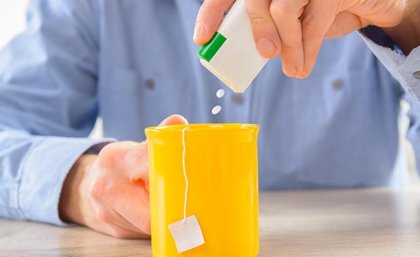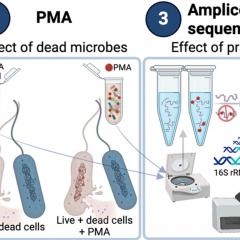 A UQ research paper investigating artificial sweeteners effect on antibiotic resistance has won the ISME Journal 2021 Best Paper award.
A UQ research paper investigating artificial sweeteners effect on antibiotic resistance has won the ISME Journal 2021 Best Paper award.
The work, led by A/Prof Jianhua Guo from UQ’s Australian Centre for Water and Environmental Biotechnology, researches how nonnutritive sweeteners can promote the dissemination of antibiotic resistance through conjugative gene transfer.
While antibiotic resistance has been a known problem for some time, this paper sheds light on how non-antibiotic products can still promote the transfer of antibiotic resistance.
ACWEB PhD student and first author Zhigang Yu said the artificial sweeteners significantly accelerated the exchange of bacteria through a process known as conjugation.
“Common artificial sweeteners such as saccharine and aspartame could speed up the spread of antibiotic resistance,” said Mr Yu.
“This process is regarded as the bacterial equivalent of sexual reproduction or mating and occurs when two bacteria come into direct contact.”
“The resistance genes are transferred from the donor to the recipient, and as a consequence, the recipient might become a multi-drug resistant strain of bacteria.”
“Given the high consumption of non-antibiotic pharmaceuticals, our findings highlight the potential risk associated with the presence of artificial sweeteners in our food and drinks.”
The research was undertaken by a UQ team which also included Dr Yue Wang, Dr Ji Lu and Dr Philip Bond, and was funded by the Australian Research Council Future Fellowship.
The ISME Journal seeks to promote diverse and integrated areas of microbial ecology spanning the breadth of microbial life, including bacteria, archaea, microbial eukaryotes, and viruses.



